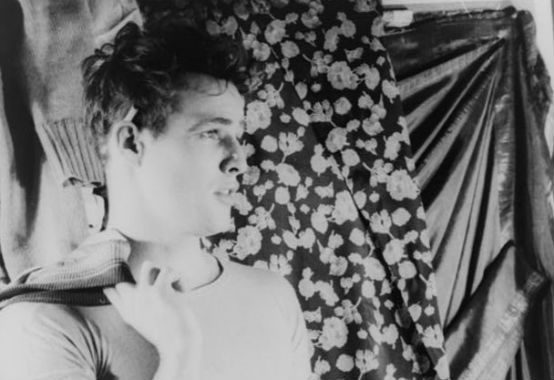The middle of the 20th century was a golden age for the American theater. Tennessee Williams wrote his first masterpiece, The Glass Menagerie, in 1944, towards the end of World War II, and A Streetcar Named Desire and Cat on a Hot Tin Roof both followed in the subsequent decade. Eugene O’Neill wrote his titanic mature works, Long Day’s Journey Into Night and The Iceman Cometh, during World War II, and each was first performed in the first dozen years after the war. And in the same period, Arthur Miller gave the world arguably his greatest works: All My Sons, Death of a Salesman, The Crucible, and A View From the Bridge.
These plays are the mainstay of the American theatrical canon, the ones that the greatest actors of every generation seek to leave their mark on, and make their own.
But are they still our own?
A series of recent productions that came to New York with great acclaim have implicitly questioned whether we can still see these plays for what they are, or whether they need to be made new to avoid seeming stale. These productions took plays that are deeply rooted in a particular time and place—and that deal, urgently, with the issues of their day—and ripped them up forcefully to re-pot them in fresh soil.

Comments